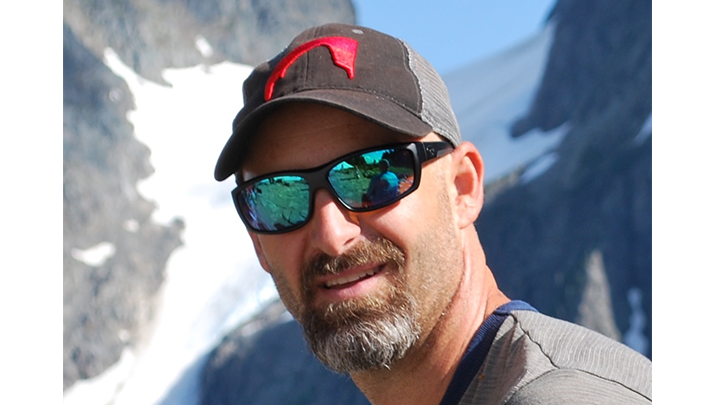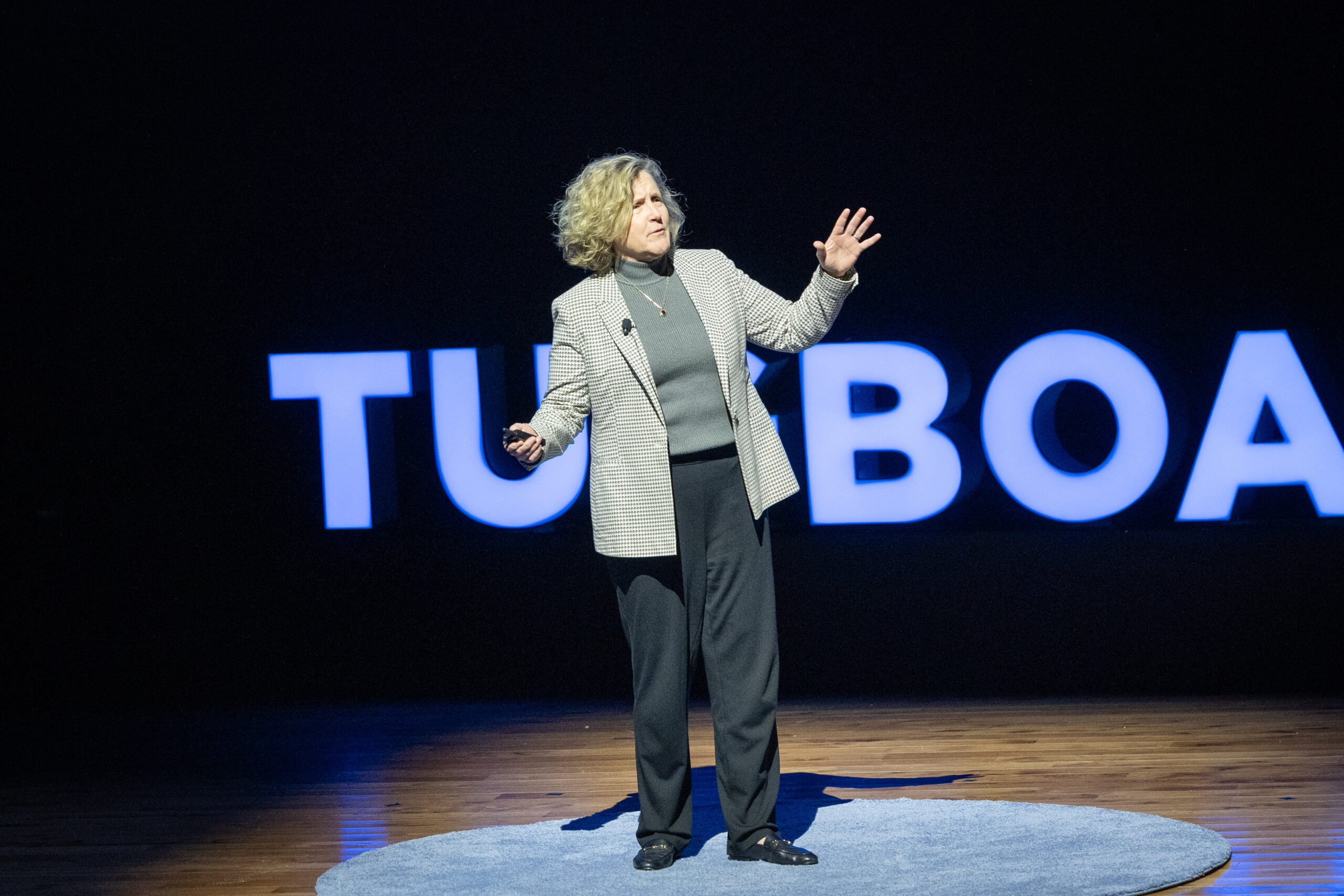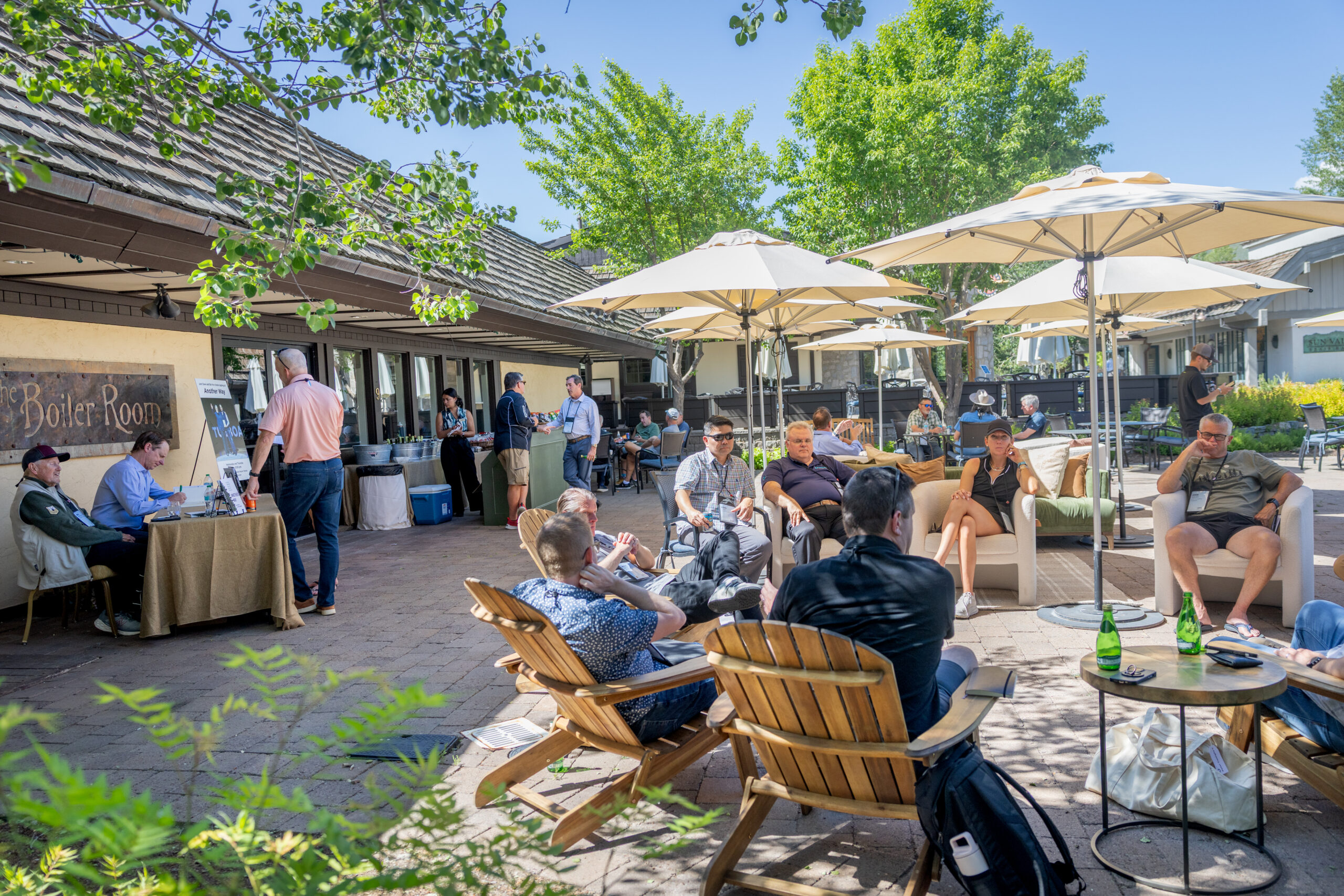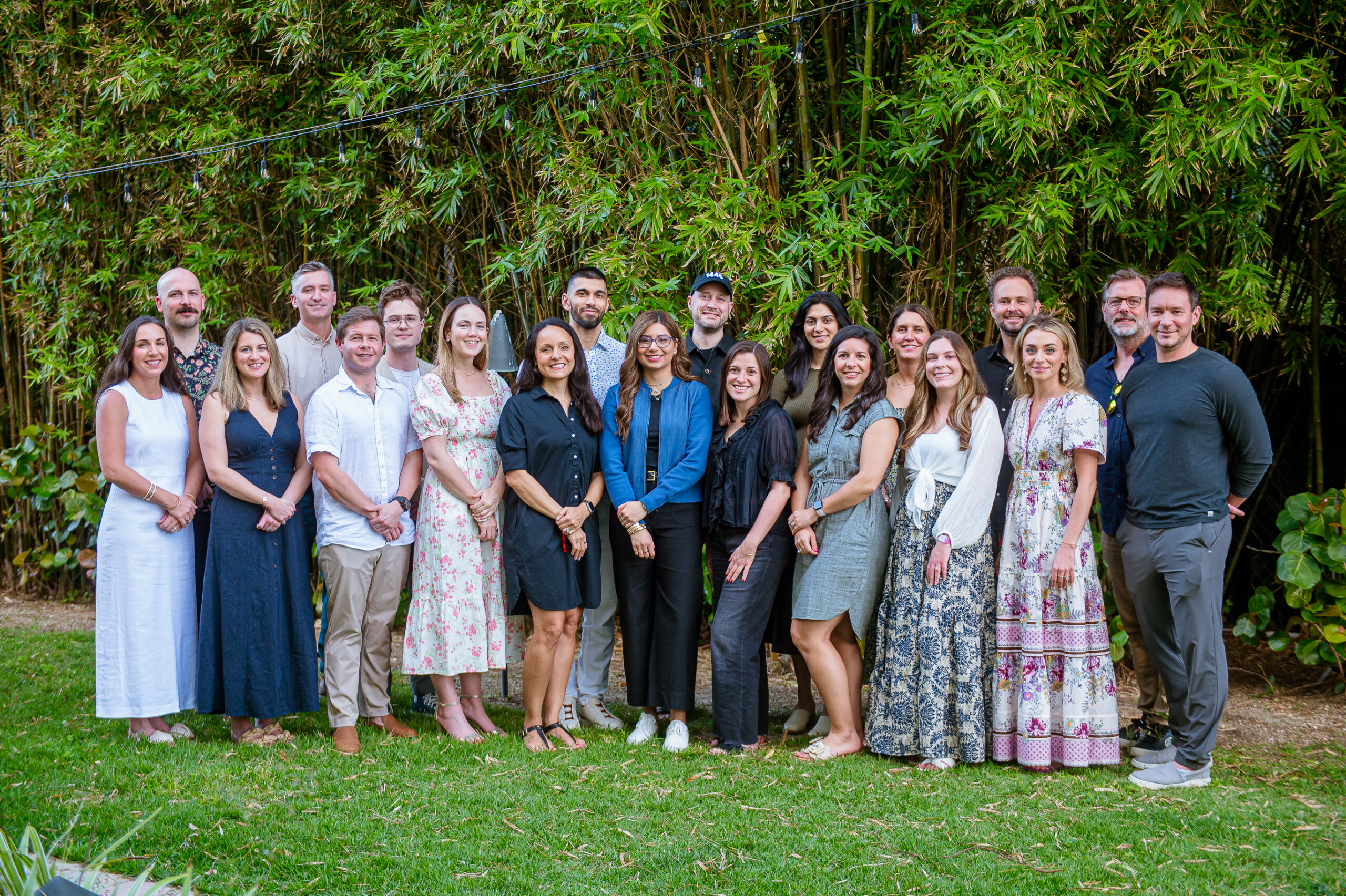

Remote Workforce, Close-Knit Culture
- Jairemy Drooger
- CT Assist
With 43 percent of all Americans now working remotely, according to Gallup, many businesses are dealing with the problem of maintaining company culture with employees who might never be in the same place at the same time. The trend presents an interesting challenge for Evergreen companies that make putting People First a central part of their business philosophy. But for us it’s more than an interesting challenge — it’s critical.
At my four-year-old hospital staffing company, CT Assist, we have 10 administrative employees working remotely full-time and about 40 “travelers.” Our travelers are cardiac- and orthopedic-surgery physician assistants, nurse practitioners and perfusionists who fill in at hospitals that are short-staffed. We hire the full-time travelers as W-2 employees, and the hospitals then enlist CT Assist to provide the service. We are registered and operate in over 20 states, so this means our folks are often on the move as they travel to standard 13-week assignments.
From the very beginning, my partner, Scott Yoder, and I wanted to make sure our Evergreen company lived up to the People First principle. We created the company because we saw many talented physician assistants leaving cardiac surgery because they were burned out. Our goal was to make CT Assist a better place to work — to provide people who have chosen this career with jobs, schedules and lives that they love. We are their voice in negotiating rates and preferred work hours. We attract great candidates with benefits like vacation time for our travelers (not standard in our industry), excellent health insurance, matching 401(k), and ongoing training and educational opportunities.
When your team is highly dispersed across half the country and has little reason for routine interaction, how do you ensure your company values are being upheld across all employee and customer experiences?
First and foremost, our culture prioritizes relationships, so the office staff is on the road a lot getting to know our travelers. We visit them at their assigned hospitals to make sure their working experience is ideal. We take them out for dinner or drinks — whatever they want to do in order to build up our personal connection. This is how we learned that one of our employees had been placed in a miserable apartment situation. CT Assist immediately found a new housing assignment for this person and cut our losses. It’s good for people who might be in a new state every couple of months, in temporary housing, to have that connection and to know that we’re a team that has their best interest in mind.
In order to make sure everyone in the office is aligned and connected, we all join a 10- to 20-minute call every single morning, no matter where we are. We share wins and worries, a quote of the day and even a few laughs. It’s also good for the team to hear us praising decisions that were made where someone at CT Assist did the right thing — not for profit, but to support our provider or customer. After all, that’s how cultural values are disseminated and hopefully then emulated.
The application Slack has helped us lose the formality of emails and the multiple phone calls required to communicate with a dispersed staff. As counterintuitive as it sounds, the various channels Slack provides are great for quick conversations, which has improved communication and offered an instant team connection and understanding even to new staff.
We just launched a company email newsletter. It’s still in the early stages, but I think it will, again, help with bridging the distance between us. I love the idea of people seeing pictures of each other and hearing their stories. It helps people feel less isolated on assignment.
Something else we recently implemented is called Intentional Engagements. If someone goes above and beyond in their work, we send them a gift card, flowers to their spouse if they are traveling, or a simple thank-you note. It’s just another way of showing people that while they may be doing most of their work, they are very much part of our team, and we appreciate their diligence.
Our methods to keep our employees connected will surely keep evolving. Right now we host semiannual retreats for our office staff, but perhaps we’ll one day be able to do this for everyone.
The biggest challenge for us as we grow is empowering our newer managers with the ability to make People First decisions. Often, these folks are coming from bigger companies with less employee-oriented cultures. We believe the best way for them to learn is by showing — and all the techniques I’ve mentioned help even remote managers clue in to our relationship-based culture.
At the end of the day, we have strengthened the sustainability of surgery programs across the country. But we have also sustained a strong Evergreen company, even as our network expands throughout the nation.
Jairemy Drooger is the Co-founder & COO of CT Assist.
More Articles and Videos

Both/And Thinking: Harnessing the Positive Potential of Tensions
- Marianne Lewis
- Carl L. Linder College of Business, University of Cincinnati

Leading Through Uncertainty – Tugboat Institute® Summit 2025
- Jackie Hawkins
- Tugboat Institute

Get Evergreen insight and wisdom delivered to your inbox every week
By signing up, you understand and agree that we will store, process and manage your personal information according to our Privacy Policy




